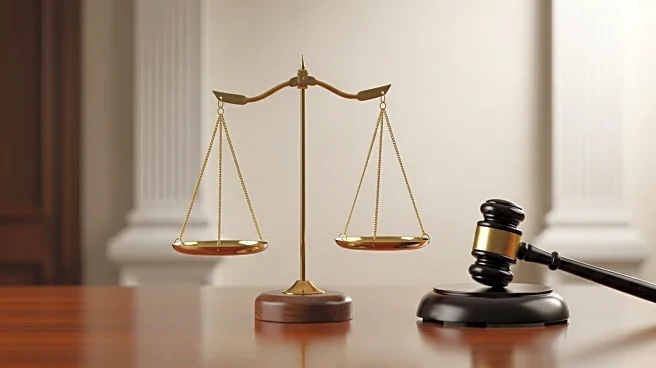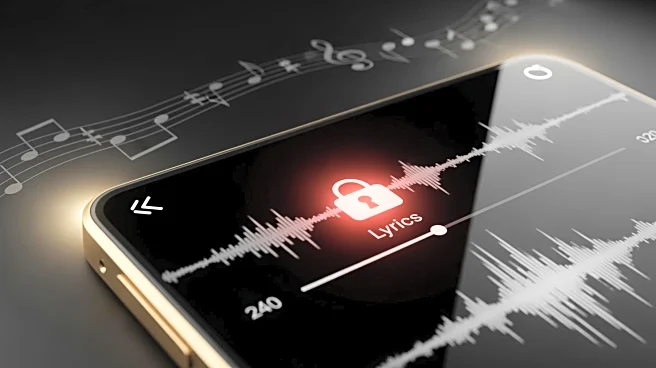What is the story about?
What's Happening?
Since President Trump's emergency law-and-order surge began last month, over 50 people have faced federal charges in Washington, D.C. However, prosecutors have dropped at least 11 of these cases, leading to concerns about the effectiveness of the surge strategy. U.S. Magistrate Judge Matthew Sharbaugh has dismissed two felony assault cases, questioning whether prosecutors are making charging decisions before proper investigation. The high rate of case dismissals and grand juries' refusal to indict in several instances highlight skepticism about the evidence supporting surge prosecutions. Trump's deployment of federal agents and National Guard members aims to enhance safety in D.C., but the strategy's judicial scrutiny raises questions about its long-term viability.
Why It's Important?
The dismissal of cases in Trump's crime surge strategy underscores challenges in balancing law enforcement with judicial integrity. The high collapse rate of cases may impact public trust in the legal system and the administration's approach to crime prevention. The strategy's focus on headline-grabbing arrests without thorough evidence evaluation risks wasting court resources and undermining judicial processes. The situation may influence future law enforcement policies and strategies, prompting a reevaluation of emergency interventions in urban crime management.
What's Next?
Continued judicial scrutiny and grand jury refusals may lead to adjustments in the surge strategy, with potential impacts on law enforcement practices and public policy. The administration may face pressure to refine its approach to crime prevention, ensuring evidence-based prosecutions and effective resource allocation. The situation may also prompt broader discussions on the role of federal interventions in local crime management and the balance between security and civil liberties.

















